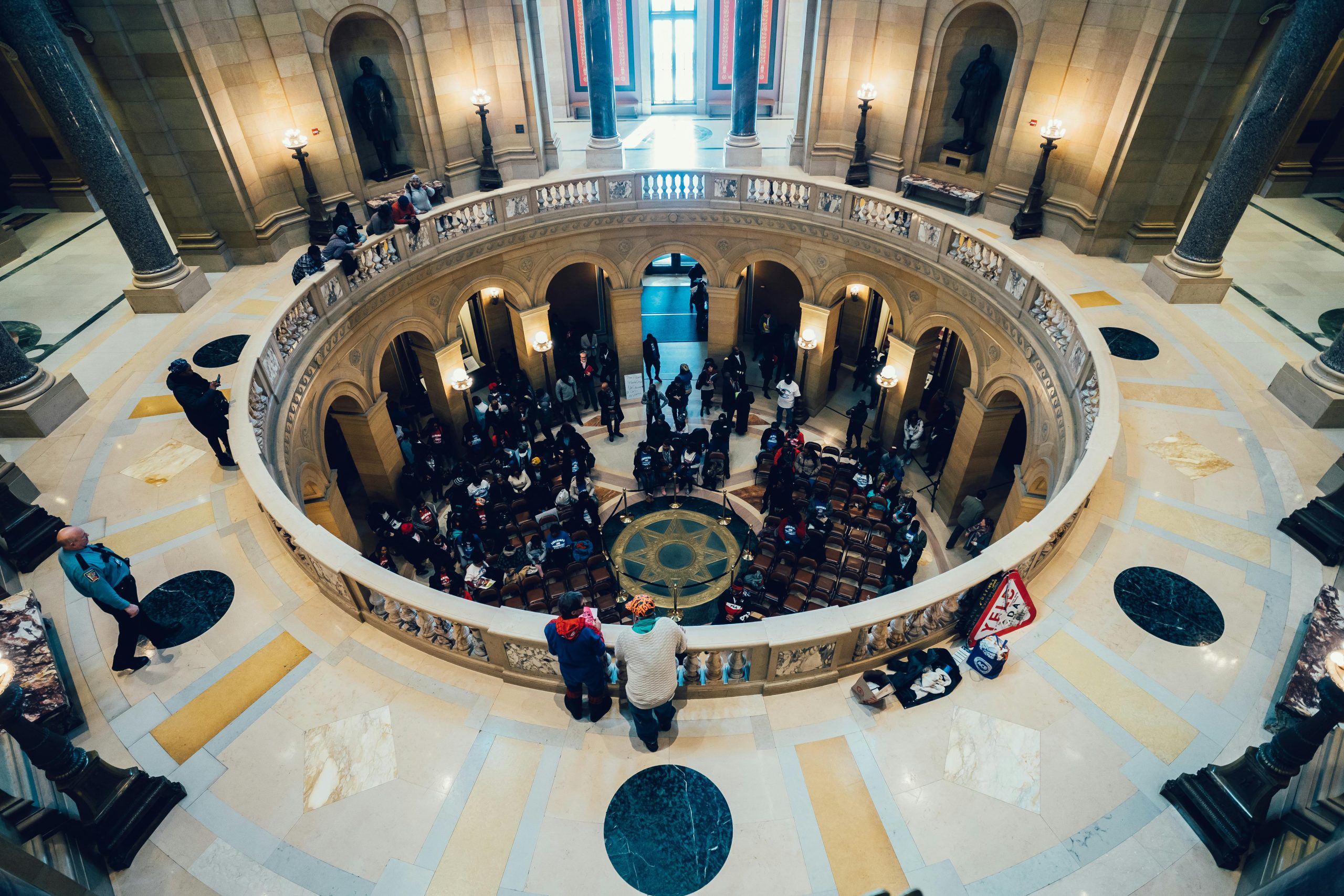Local nonprofit organizations are facing a growing challenge as the Trump administration continues its push to limit support for social justice causes. Across Massachusetts, leaders of nonprofit groups are coming together to protect their missions, knowing that the government’s recent actions could put their work in jeopardy. From health care for transgender individuals to supporting immigrant rights, these organizations are strategizing on how to stay active despite potential federal interference.
The Situation Facing Nonprofits
In recent weeks, organizations like Transhealth, Immigrant Family Services Institute, and Strategies for Youth have been preparing for the worst. The federal government’s stance on social justice issues and its efforts to freeze funding for certain programs have raised serious concerns. For example, last month, the White House budget office issued an order to halt all federal grant programs, a move aimed at ending what the administration called “wokeness” in public funding. This caused panic among many nonprofits that rely on federal dollars to carry out their missions.
Fortunately, after significant pushback, the Trump administration rescinded the order. However, nonprofit leaders worry that this is only the beginning. They fear that the government may use other tactics to limit their work, such as targeting their nonprofit status or cutting funding to programs they believe support controversial causes.
How Local Nonprofits Are Responding
In response to the threats, local nonprofits are stepping up their efforts to protect their services and their communities. Organizations like Transhealth, a medical clinic in Northampton that serves transgender and gender-diverse individuals, are meeting with state officials to explore ways to protect their patients. According to Jo Erwin, the clinic’s CEO, many of their patients are fearful due to the uncertainty surrounding gender-affirming care.
Similarly, the Immigrant Family Services Institute in Mattapan, which assists Haitian immigrants, is working with the ACLU to provide resources and legal support for clients who are at risk of deportation. The executive director of Strategies for Youth in Cambridge is seeking pro bono legal help as she anticipates budget cuts from the federal government.
The sense of fear is widespread. With many of these nonprofits heavily dependent on federal grants, they worry about losing funding that supports vital programs. Lisa Thurau, the head of Strategies for Youth, said that more than half of her organization’s budget comes from the federal government. She expressed concern that vague policies could be used to cut funding for programs that are seen as inconsistent with the current administration’s priorities.
The Role of Collaboration and Legal Action
To stay afloat, these organizations are collaborating with each other and with legal advocacy groups. Dallas Ducar of Fenway Health, another important health clinic in Massachusetts, emphasized the importance of working together. Fenway Health is also committed to providing health care to LGBTQ+ individuals, and Ducar believes that nonprofits must support each other in these difficult times.
One of the key players in the fight against federal overreach is the American Civil Liberties Union (ACLU). Executive Director Carol Rose said that her organization has been preparing for this moment for over a year, building alliances with lawmakers and other nonprofits. The ACLU has made it clear that they are ready to fight back, even in court if necessary. Rose encouraged nonprofits not to panic, but to respond with strength and unity.
Michael Berkowitz, a philanthropic adviser, warned that the Trump administration could go even further in using the IRS and other agencies to target nonprofits that oppose its policies. He advised nonprofits to conduct audits and assess their vulnerabilities to prepare for possible attacks.
Concerns About Losing Nonprofit Status
One of the most concerning potential outcomes is the possibility of losing nonprofit status. With the Trump administration proposing new legislation that could strip organizations of their tax-exempt status, many nonprofits are worried about how these changes could impact their operations. This could be especially dangerous for organizations that advocate for immigrant rights, racial justice, or climate change—issues that the current administration has targeted in the past.
For example, some organizations that provide aid to Palestinians or support immigration reform could be considered “terrorist sympathizers” under new rules. This could lead to significant legal battles and disruptions to their work.
Looking Ahead
While the recent federal order to freeze funding has been blocked by the courts, many nonprofits remain on edge. Massachusetts Attorney General Andrea Campbell has joined other state officials in filing lawsuits to protect federal funding for critical services, including healthcare, education, and child care. There is hope that these legal efforts will prevent the government from carrying out more drastic actions that could harm vulnerable communities.
Local leaders remain committed to continuing their work, despite the uncertainty. Lee Pelton, president of the Boston Foundation, which supports many community nonprofits, urged others not to give in to despair. Instead, he emphasized the need for continued effort and collaboration to protect the services that help underserved and marginalized communities.
Conclusion
As the threat of federal defunding looms, local nonprofits are doing everything they can to secure their future and continue providing essential services. They are collaborating with other groups, seeking legal help, and working with state officials to protect their missions. While the future remains uncertain, one thing is clear: these organizations will not give up on their fight for justice and equality.
(Source : wgbh.org)


 by
by 

